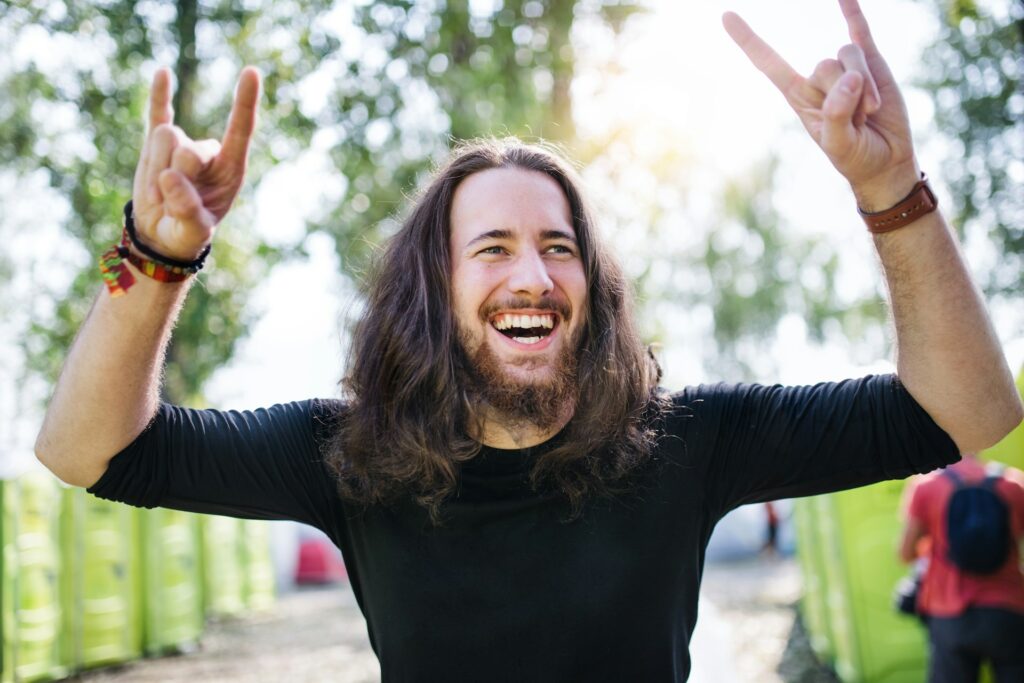Most of us start out thinking there’s a set route: school, career, relationships, milestones.

Stick to the plan, do what’s expected, keep moving forward. However, somewhere along the way, life starts to feel too tight, too scripted. Funny enough, it’s often the detours—the wrong turns, the pauses, the unexpected changes—that end up leading us somewhere far better than the “main road” ever promised. Here’s why the most meaningful turns usually happen when you step off the obvious path.
1. You start hearing your own voice instead of everyone else’s.

When you’re on the main road, it’s noisy. There are expectations coming from every direction—family, friends, society. However, the second you take a different turn, things quiet down. Plus, that’s often when your real voice starts coming through. Leaving the well-trodden path makes space to figure out what you actually think, want, or believe. Not what you were taught, not what everyone else is doing—just you, getting honest with yourself at last.
2. You learn what actually matters to you.

Off the main road, you stop chasing the stuff you were “supposed” to want. You’re no longer trying to hit generic life goals—you’re figuring out what feels meaningful on a personal level. Maybe it’s slower living, a new kind of work, or deeper relationships. It’s not always easy, but it gets clearer. You realise success can look like peace, not pressure. Value doesn’t have to come with a title or timeline.
3. You find people who see the world like you do.

The main road can feel crowded but lonely. Everyone’s performing, rushing, achieving—but connection often feels surface-level. Off the beaten track, you meet people who aren’t chasing status, but depth. You bond over honesty, not convenience. And the relationships you build off the path often last longer because they’re built on something real, not just shared scenery.
4. You get comfortable with uncertainty.

Leaving the main road means letting go of certainty, and that’s terrifying at first. However, as time goes on, you realise you’re still standing. You’ve adapted, figured things out, made things work. That resilience doesn’t go away. It gives you confidence that even when the map disappears, you’ve got enough intuition to navigate anyway.
5. You stop comparing your pace to everyone else’s.

On the main road, comparison is constant. Who’s ahead, who’s behind, who’s getting it “right.” However, when you go your own way, the pressure eases. There’s no race—just your own pace, your own timeline. Plus, it turns out life feels a lot lighter when you stop measuring yourself against someone else’s chapter and just live your own.
6. You start seeing failure differently.

Off the main road, mistakes aren’t the end of the story—they’re just part of the path. You stop thinking of failure as proof you’re lost and start seeing it as proof you’re exploring, experimenting, trying something that matters. It becomes part of the learning curve, not a dead end. That change in mindset changes everything, from how you take risks to how you speak to yourself when things don’t go to plan.
7. You start to build a life that fits you, not the other way around.

When you step off the expected path, you stop trying to squeeze yourself into roles, routines, or identities that don’t feel quite right. Instead, you start shaping your life around who you actually are, and who you’re still becoming. It’s slower. It takes more adjusting. But over time, things start clicking in ways they never did when you were trying to follow the script.
8. You realise that being “lost” was often just being redirected.

Those moments that felt like setbacks—job losses, breakups, plans falling through—start to make sense in hindsight. They weren’t just obstacles. They were reroutes. And they pushed you somewhere far better than you would’ve picked on your own. You stop fearing detours so much. You start trusting that even the off-road moments have value, even if you can’t see it yet.
9. You redefine what progress looks like.

On the main road, progress looks like checklists and promotions. Off it, progress looks quieter. Sometimes it’s emotional growth. Sometimes it’s learning how to rest. Sometimes it’s letting go of something that’s been weighing you down for years. It stops being about outward milestones and starts being about inner changes. You still grow—you just stop needing to prove it all the time.
10. You stop needing external validation to feel okay.

When you walk away from the crowd, there’s no one clapping for your choices—and at first, that’s tough. But eventually, you stop needing it. You learn how to back yourself without applause. That level of self-trust is worth more than any trophy you were chasing before.
11. You become less reactive, more intentional.

The main road can make life feel like a blur—constant movement, constant response, constant pressure to keep up. However, off the main road, you slow down. You start choosing instead of reacting. You move through life more deliberately because you’re not following traffic anymore—you’re actually driving your own route.
12. You start paying attention to beauty again.

On autopilot, you miss things—sunsets, songs, small kindnesses. However, the off-road version of life brings your attention back to the details. The quiet bits. The good stuff hiding in plain sight. You start noticing more. Feeling more. And that kind of presence makes life feel richer, even when it’s not “going perfectly.”
13. You stop fearing being misunderstood.

Leaving the main path means some people won’t get it. They’ll question your choices. They’ll project their own fears onto your detours. However, in the long run, you care less—because you realise not being understood is a price worth paying for being honest. Eventually, the people who do get it? They show up, and you don’t have to explain a thing to them.
14. You realise you don’t need a roadmap—just a direction.

The main road offers security through structure. But off the path, you learn that clarity doesn’t always come from knowing the whole plan. Sometimes it just means knowing your next step, and trusting yourself to figure the rest out along the way. You stop needing to see the whole picture. You just stay present, stay curious, and keep going, even when the road winds somewhere unexpected.


